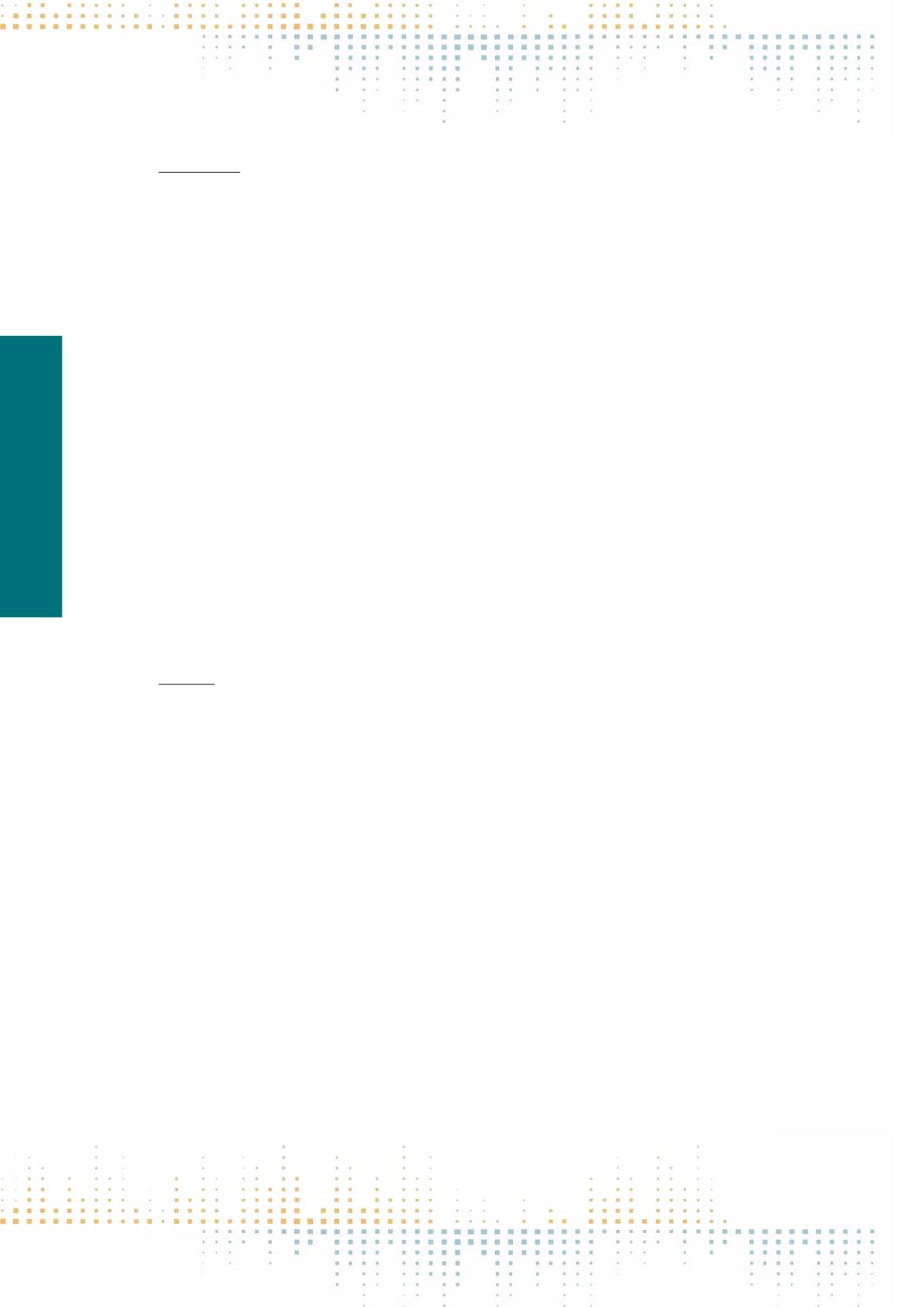

584
Saturday, November 12
1 6 : 0 0 – 1 7 : 3 0
PP 705
Meat Meets Media – Public Participation in the Environmental News Discourse
A. Egan Sjölander
1
, K.S. Benulic
2
, A.M. Jönsson
3
1
Umeå University, Department of Culture and Media Studies, Umeå, Sweden
2
Södertörn University, School of Natural Science- Technology and Environmental Studies, Flemingsberg, Sweden
3
Södertörn University, School of Culture and Education, Flemmingsberg, Sweden
Challenges caused by climate change are among the most pressing issues in contemporary societies. Climate change constitutes a complex global envi‑
ronmental risk caused by a number of factors, many of them linked to political decisions and human behaviour and choices we make in our everyday life.
We are increasingly worried about what we have done to nature and are grappling with the identification of the most pertinent risks, and actions that can
minimize them. The notion of risk is thus closely connected to the ambition of controlling the future and the concern for safety. The handling of risks has
become an evermore present feature in the daily lives of people and it has been argued that this heightened awareness is especially evident in relation to
the consumption of food. The aim of this paper is to identify and analyse conceptions and roles of 'the public' in Swedish environmental news discourses
about meat production and consumption.The purpose is also to discuss how this is related to how citizens engage with the meat issue and what possibilities
there is for reaching the goal of sustainable politics in our everyday choices. Meat holds a prominent position in Western culture diets, and consumption
continues to increase, despite warnings of potential detrimental environmental consequences. The Swedish meat market has for example been declared
environmentally unsustainable due to the high levels of consumption and the adverse environmental effects of its production. Production and consumption
of meat are influenced by political decisions, as well as of the choices consumers make on a daily basis. We start from the premise that public participation
is a fundamental part of managing environmental risks, and that media could work as one vital arena and moderator for public participation and engage‑
ment. The notion of the public in relation to media-centred late-modern societies and its struggles with environmental problems is still an underdeveloped
research area. Participation includes at least some level of agency and is often equalled to concepts like involvement and engagement. In relation to this,
mediated participation can be seen as either indirect, involving the public e.g. in terms of representation (e.g. journalists speaking of the public opinion), or
direct, engaging the public through interaction and co-production (e.g. in readers comments and letters-to-the-editor). In this paper we analyse different
forms of participation and roles for the public/citizens in news media and how citizens engage with media material in constructing discourses (or count‑
er-discourses) concerning meat consumption as an environmental problem. The method and empirical material consists of a) content analyses of Swedish
newspapers, as well as focus group interviews (with Swedish news consumers) with reception elements. The results show that the level of mediated partic‑
ipation differs as citizens are presented either as an anonymous collective, passive reactive voices or active voices, and it is only in the latter case the citizens
has real influence of the framing of the issue.The level of citizen participation differs between different media.We also find a complex relationship between
citizen engagement and media framings.
PP 706
After the Fire: The Role of Journalism in Post-Crisis Recovery
D. Anderson
1
, P. Chubb
1
, M. Djerf-Pierre
2
1
Monash University, Melbourne, Australia
2
University of Gothenburg, Department of journalismmedia and communication, Gothenburg, Sweden
This paper examines the role of journalism in post-crisis disaster recovery. It brings together and contrasts the conventional normative model of the role
of journalism in democracy with citizens’and other key social actors’actual experiences of post-crisis reporting of a major environmental disaster. It draws
from an in-depth analysis of what transpired in the aftermath of the worst bushfire in Australian history. On Black Saturday, 7 February, 2009, bushfires
of extreme ferocity swept through the Victorian countryside near Melbourne, resulting in one of Australia’s biggest natural disasters. One hundred and
seventy-three people died in the fires, 500 were injured, 7,500 made homeless, 2,200 houses were destroyed, more than 450,000 hectares were burned
and damage was estimated in the billions of dollars. We discuss the democratic functions of the news media in post-crisis journalism and how they are
perceived and valued by citizens and other social actors. A key question is how the news media handle the crisis-induced policy-making and accountability
processes after disasters. In the case of the Black Saturday, the fire provoked blame games and framing contests about whether climate change should be
considered a factor in the intensity of the fires and whether burn-offs to reduce fuel had been adequate. We examine how these conflicts were addressed
by the news media and how citizens and other social actors valued and made sense of the media coverage of the conflicts. A second question concerns if
and how the news media contribute to crisis reconciliation and recovery. We discuss the space for victims’ voices and stories in post-crisis media coverage
-- as against the media’s sensationalist preoccupation with human loss and suffering -- and how the collective memorization and mourning takes place
through media commemorations and rituals. The empirical data consists of qualitative analyses of the news media coverage of the bushfire aftermath and
recovery between 2009 and 2015 and interviews with residents in the affected areas as well as with politicians, government actors, victims associations,
environmental organizations and journalists who were involved in the crisis recovery processes.



















